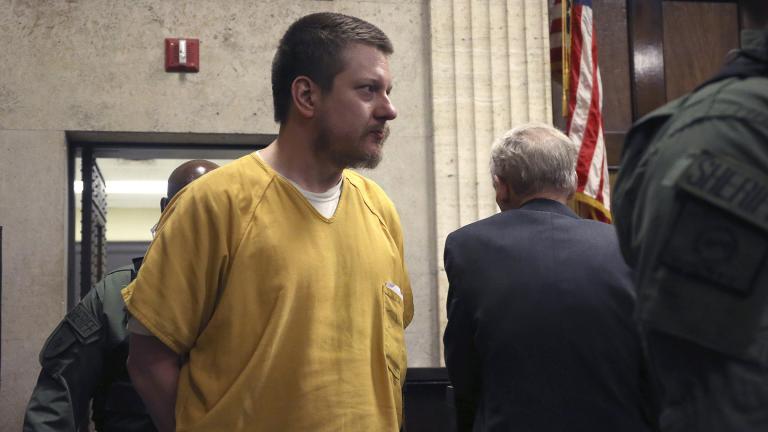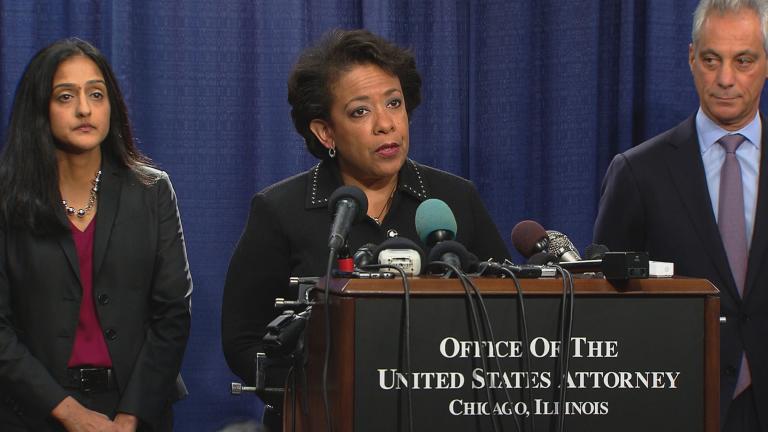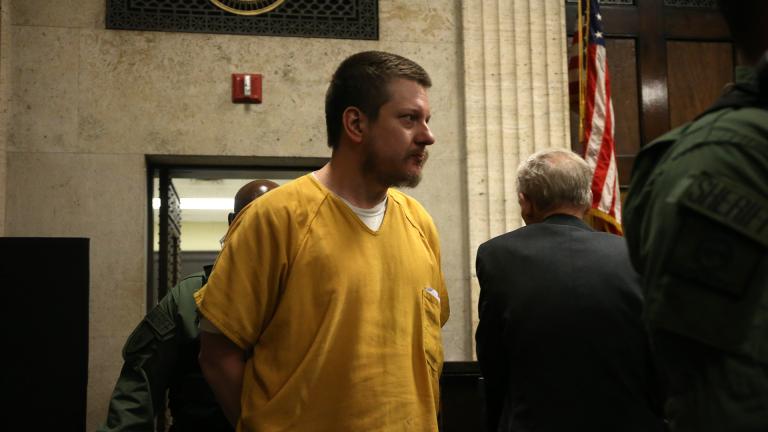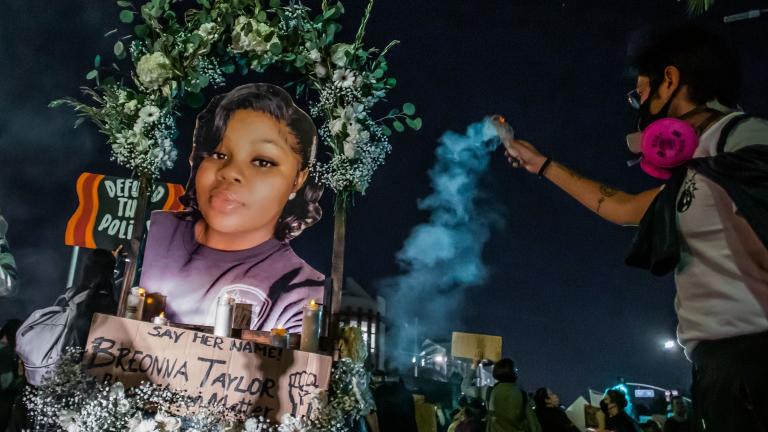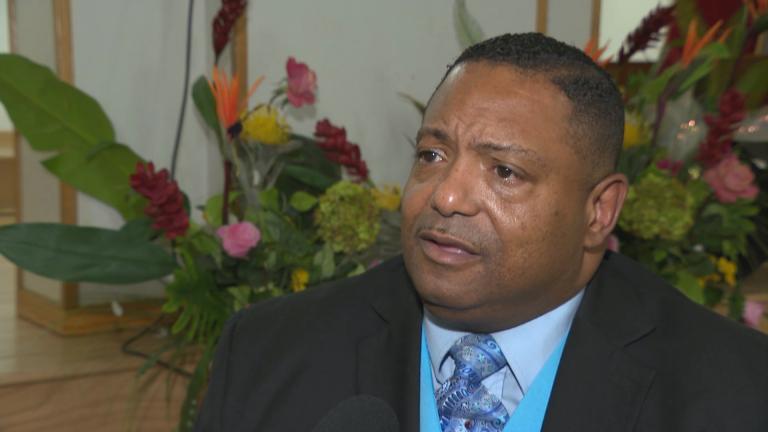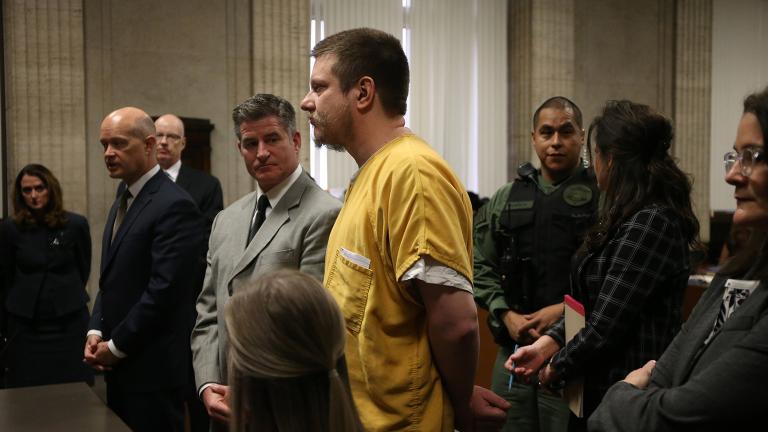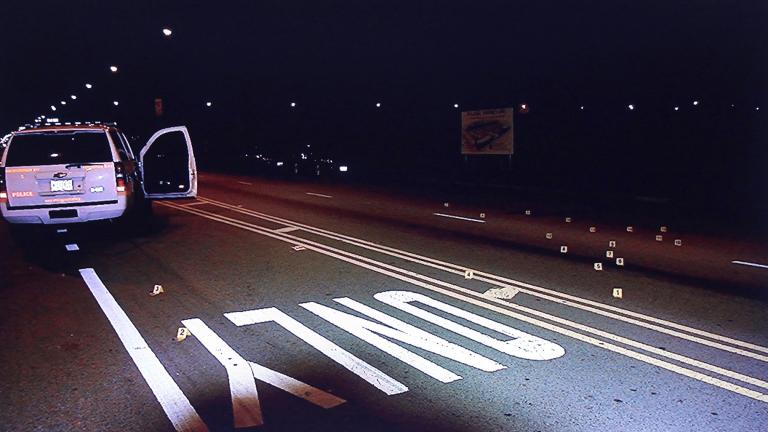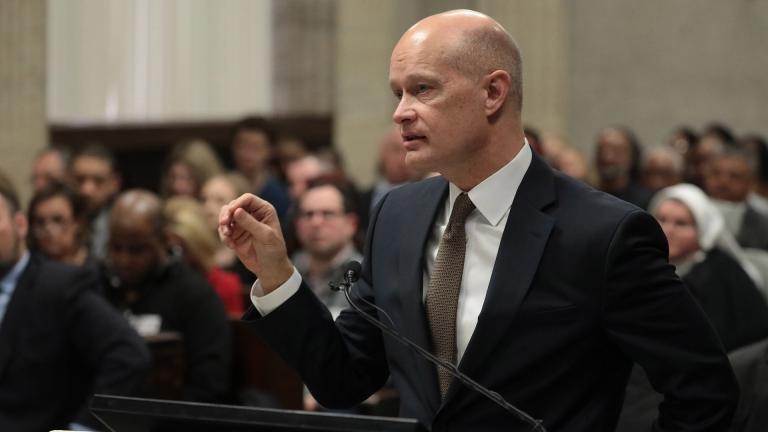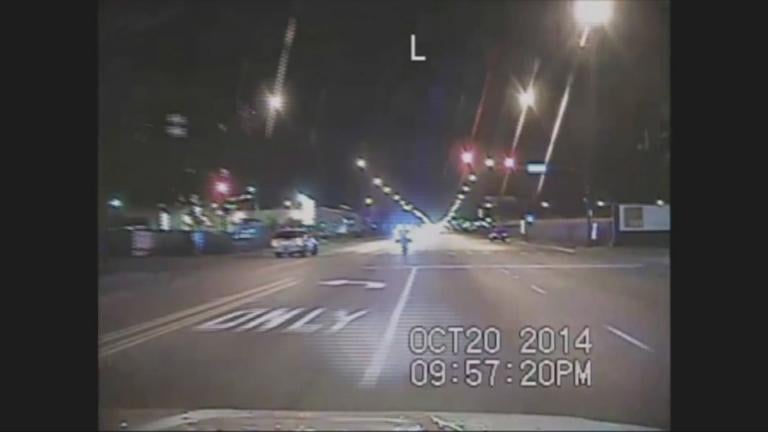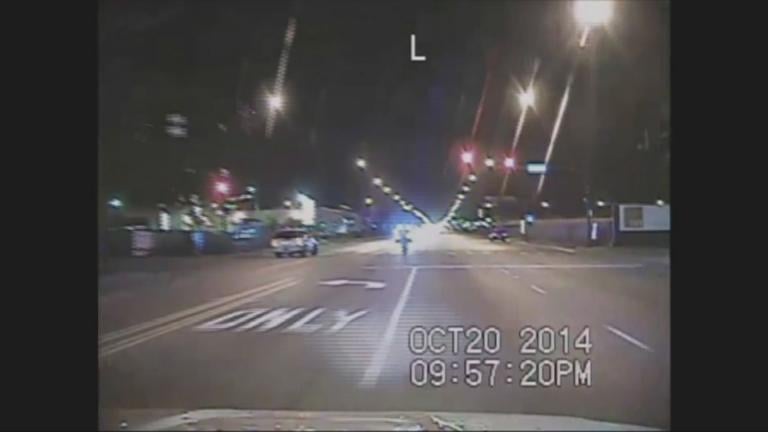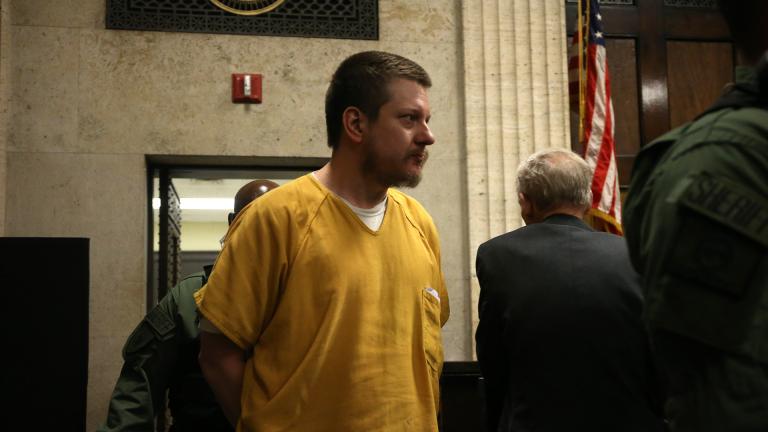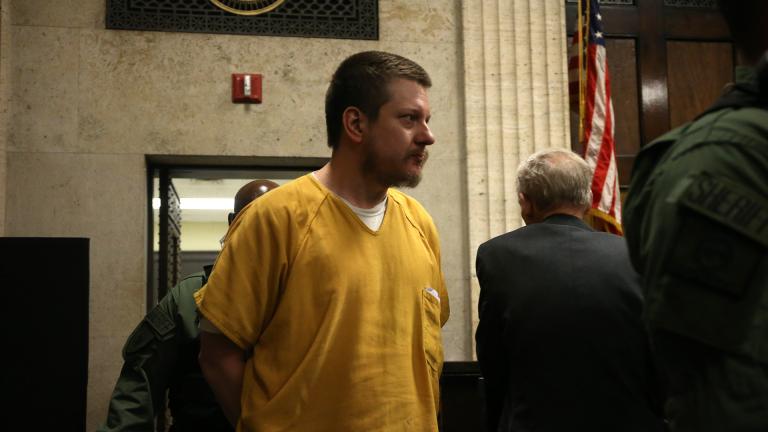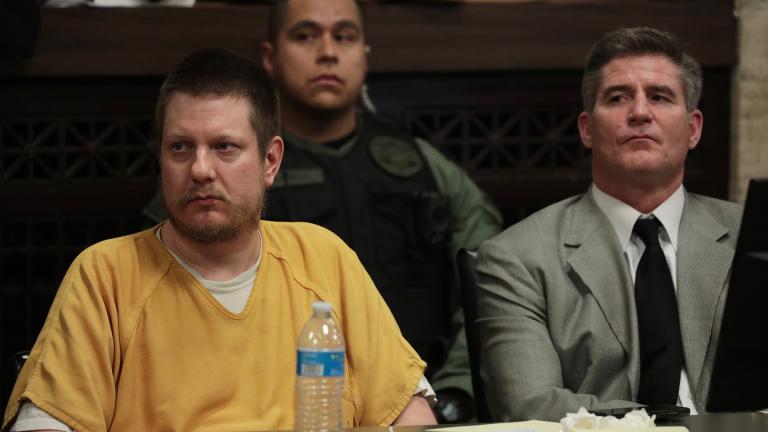As former Minneapolis Police Officer Derek Chauvin waits to be sentenced for killing George Floyd, it’s worth remembering what happened in Chicago after a jury convicted a white police officer in the shooting death of 17-year-old Laquan McDonald.
Laquan McDonald
The Chicago Police Department has been operating under a consent decree since 2019. The order, which was prompted by the 2014 police murder of Laquan McDonald, is the first consent decree the department has faced. But it’s not the first attempt at police reform in Chicago.
Former Chicago police Officer Jason Van Dyke, who was convicted of second-degree murder of Black teen Laquan McDonald in 2014, is expected to be released in February 2022. While he remains in custody, it’s unclear where he will serve the remainder of his sentence.
About eight officers a year have been arrested and charged with murder or manslaughter for killings in the U.S. since 2005. Around 1,000 people a year are shot and killed by law enforcement across the country.
A conversation with the Rev. Martin Hunter, the great uncle of Laquan McDonald, whose fatal shooting by a Chicago police officer in 2014 sparked widespread calls for police reform.
Former Chicago police Officer Jason Van Dyke is being held in a facility in Baltimore, Maryland, as he awaits placement inside another prison. He was moved out of federal custody this week.
Former Chicago police Officer Jason Van Dyke is no longer being held in a federal prison in New York – or in federal custody, period – but it’s unclear where he will serve out the remainder of his sentence for the murder of black teen Laquan McDonald in 2014.
There is new insight into the fatal shooting of Laquan McDonald and whether or not there was a large-scale cover-up of the initial incident to protect the Chicago police officer who shot him.
Until this week, 18 documents from the landmark case had remained under seal, even though the former officer was convicted 10 months ago for the murder of Laquan McDonald.
The Chicago Police Board on Thursday fired four police officers for allegedly covering up a white officer’s 2014 fatal shooting of black teenager Laquan McDonald.
The murder of Laquan McDonald and ensuing public outrage in Chicago are the focus of a new documentary on Showtime. We speak with “16 Shots” writer and director Rick Rowley.
Jason Van Dyke told a psychologist that “time froze” when he shot Laquan McDonald 16 times, according to a newly released report.
An evidentiary hearing that began Wednesday will be used to determine whether four officers can keep their jobs following accusations they lied about what happened the night Laquan McDonald was killed.
The Illinois Supreme Court’s decision comes one month after the state filed its request. With its ruling, former police Officer Jason Van Dyke will continue serving his 81-month prison sentence.
The former Chicago police officer is currently slated to get out of prison in 2022. But an upcoming decision from Illinois’ Supreme Court could directly impact that timeline.
Attorneys for former Chicago police Officer Jason Van Dyke believe the 81-month sentence he received last month for the fatal shooting of black teen Laquan McDonald conforms with Illinois law and should not reviewed by the state Supreme Court.

